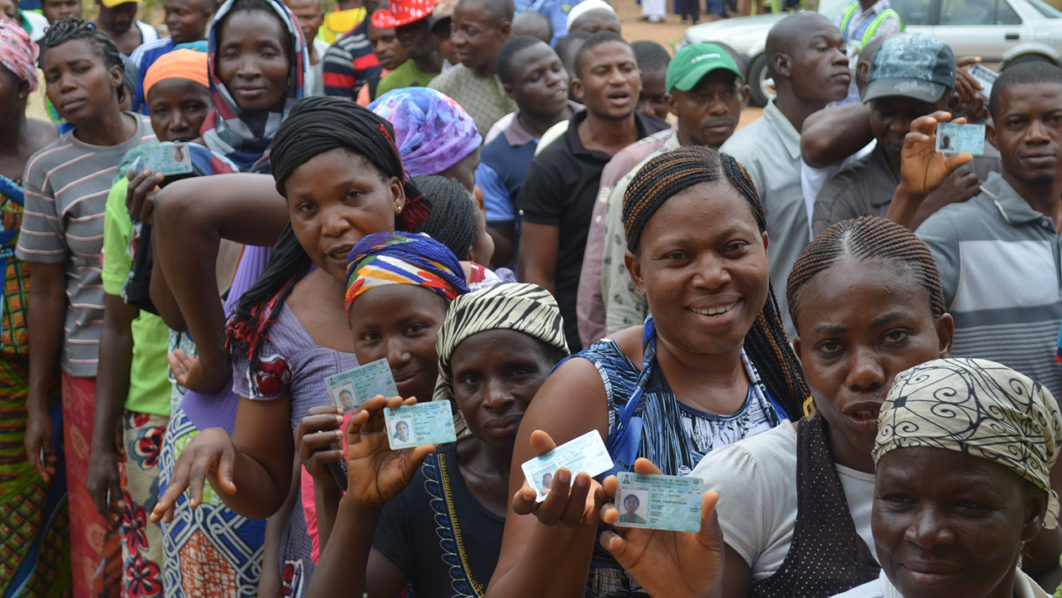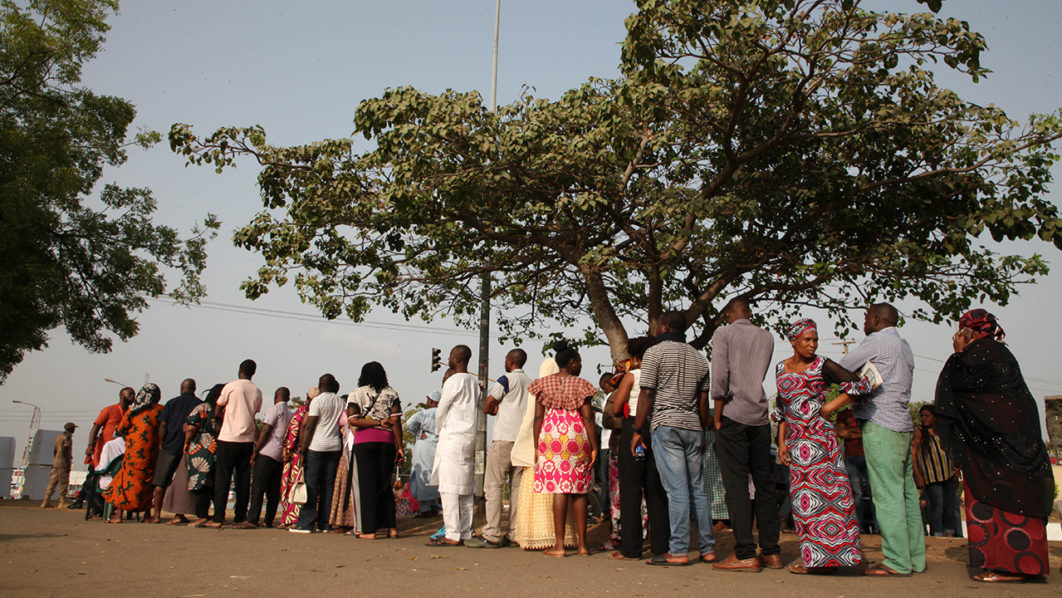
The poll gathered data from 11,534 respondents across the country, probing into their voting intentions and preferences in the upcoming presidential and parliamentary elections.
Voter turnout for the upcoming February 25 elections in Nigeria is also projected to be higher than in previous years. The projected increase in voter turnout is believed to be influenced by several factors, including the candidacy of popular politicians in certain regions and a growing awareness of the importance of civic participation.
However, the survey also highlighted the impact of ethnic and religious divisions on voter turnout, with respondents in some regions indicating that these factors would play a significant role in their decision to participate in the elections.
Despite these challenges, the projected increase in voter turnout signals a positive shift towards greater political engagement in Nigeria.
According to the poll results, many respondents cited ethnic and religious factors as key determinants of their voting decisions.

The SBM Intelligence and EiE poll suggests that these factors may influence voter turnout in various regions of the country, with some areas experiencing higher than usual participation rates.
For example, the South-East region, which historically has had low voter turnout, is expected to see a significant increase in participation due to the presence of Peter Obi, a candidate with strong ethnic and religious appeal in the region.
“Ethnicity and religion have always been major determinants of voting behaviour in Nigeria, and our recent survey with Enough is Enough Nigeria confirms this,” says Cheta Nwanze, Lead Partner, SBM Intelligence.
“Our poll of over 11,000 respondents found that ethnic and religious factors play a significant role in voter decisions, particularly in determining the popular vote.”
The SBM Intelligence and EiE survey also showed significant regional variations in voter turnout.
“The South-East, traditionally a low-turnout region, is expected to see an increase in participation, largely due to the candidacy of Peter Obi,” Nwanze says. “In the South-West, we found that ethnicity is a significant factor in driving voting choices, and voter turnout is expected to be higher than usual.”
Nwanze, however, feels the North-West may see lower turnout due to what appears to be voter fatigue.
“This could be due to the absence of (President Muhammadu) Buhari on the ballot or other factors,” Nwanze explains. “Overall, we expect voter turnout to be around 50 per cent, which is a significant increase from previous elections.”
Religious factors also play a role in voting behaviour, particularly in the Middle Belt and North.
“Many Christians in these regions view the upcoming election as a do-or-die situation and may vote for Obi, not necessarily because he is their preferred candidate, but because they feel side-lined by other political frontliners,” Nwanze says. “Meanwhile, Muslim voters in the North may vote differently, highlighting the complex interplay between religion and politics in Nigeria.”
Despite these factors, and a record 93.4 million eligible voters, there is no clear frontrunner in the election, Nwanze notes.
“Nigerians should be prepared for a runoff to decide the next president,” he says. “Ultimately, our survey underscores the importance of voting in shaping the country’s future.”
[ad unit=2]



